Exploring the Landscape of Wilson County, Tennessee: A Comprehensive Guide
Related Articles: Exploring the Landscape of Wilson County, Tennessee: A Comprehensive Guide
Introduction
With great pleasure, we will explore the intriguing topic related to Exploring the Landscape of Wilson County, Tennessee: A Comprehensive Guide. Let’s weave interesting information and offer fresh perspectives to the readers.
Table of Content
Exploring the Landscape of Wilson County, Tennessee: A Comprehensive Guide

Wilson County, nestled in the heart of Middle Tennessee, boasts a rich tapestry of history, culture, and natural beauty. Its strategic location, just east of Nashville, has contributed to its dynamic growth, attracting residents and businesses alike. Understanding the geographic features of Wilson County is essential for appreciating its unique character and the opportunities it offers. This article delves into the intricacies of Wilson County’s landscape, exploring its physical geography, key landmarks, and the various communities that shape its vibrant tapestry.
The Physical Geography of Wilson County
Wilson County occupies a diverse landscape, characterized by rolling hills, fertile valleys, and meandering waterways. The Cumberland Plateau, a prominent geological feature, dominates the eastern portion of the county, while the Nashville Basin, known for its rich agricultural soil, stretches across the western region. This interplay of terrain creates a unique environment that supports a variety of ecosystems, from hardwood forests to sprawling farmlands.
Key Geographic Features
- Cumberland River: This major tributary of the Ohio River flows through the southeastern portion of Wilson County, serving as a vital transportation route and a source of recreation.
- Stones River: A significant tributary of the Cumberland River, Stones River flows through the central part of the county, playing a crucial role in its history and providing scenic beauty.
- Long Hunter State Park: Located in the eastern part of the county, this expansive park offers hiking trails, camping facilities, and opportunities for wildlife viewing.
- Lebanon: The county seat and largest city in Wilson County, Lebanon is situated in the central region and serves as a commercial hub.
- Mount Juliet: Located in the eastern part of the county, Mount Juliet is a rapidly growing suburb of Nashville, known for its residential communities and proximity to recreational areas.
The Communities of Wilson County
Wilson County is home to a diverse array of communities, each with its own unique character and charm. From historic towns to modern suburbs, these communities contribute to the rich tapestry of the county’s cultural landscape.
- Lebanon: The heart of Wilson County, Lebanon boasts a rich history, evident in its well-preserved historic district. The city offers a vibrant downtown area, a thriving business community, and a variety of cultural attractions.
- Mount Juliet: A rapidly growing suburb of Nashville, Mount Juliet offers a mix of residential communities, commercial centers, and recreational opportunities. Its proximity to the city provides easy access to urban amenities while maintaining a suburban atmosphere.
- Watertown: Situated in the western part of the county, Watertown is a small town with a strong agricultural heritage. It offers a peaceful setting and a close-knit community.
- Gladeville: Located in the northeastern part of the county, Gladeville is a rural community with a strong sense of community spirit. It offers a tranquil setting and access to the natural beauty of the Cumberland Plateau.
The Importance of Understanding Wilson County’s Geography
Understanding the geographic features of Wilson County is essential for several reasons:
- Economic Development: The county’s location, terrain, and resources play a crucial role in attracting businesses and fostering economic growth.
- Infrastructure Planning: Understanding the landscape is essential for planning transportation networks, utilities, and other essential infrastructure.
- Environmental Stewardship: Knowledge of the county’s ecosystems is crucial for protecting natural resources and promoting sustainable practices.
- Community Planning: Understanding the geographic features of the county is vital for developing effective community plans and ensuring the well-being of its residents.
FAQs about Wilson County, Tennessee
Q: What is the population of Wilson County, Tennessee?
A: As of the 2020 census, the population of Wilson County, Tennessee was approximately 158,000.
Q: What is the largest city in Wilson County?
A: Lebanon is the largest city in Wilson County, with a population of approximately 35,000.
Q: What are the major industries in Wilson County?
A: Wilson County’s economy is diverse, with major industries including healthcare, manufacturing, retail, and tourism.
Q: What are some of the popular tourist attractions in Wilson County?
A: Wilson County offers a variety of attractions, including Long Hunter State Park, the Cumberland River, the Wilson County Historical Society Museum, and the Lebanon Farmers Market.
Q: What is the cost of living in Wilson County?
A: The cost of living in Wilson County is generally lower than in nearby Nashville, making it an attractive option for families and individuals seeking affordable housing.
Tips for Exploring Wilson County
- Visit Long Hunter State Park: Immerse yourself in the natural beauty of the Cumberland Plateau and enjoy hiking trails, camping facilities, and wildlife viewing opportunities.
- Explore the Lebanon Historic District: Stroll through the charming streets of Lebanon and admire the well-preserved historic buildings.
- Attend the Lebanon Farmers Market: Experience the local culture and sample fresh produce, artisanal crafts, and local delicacies.
- Visit the Wilson County Historical Society Museum: Learn about the rich history of the county and its people through exhibits and artifacts.
- Enjoy a day on the Cumberland River: Go fishing, kayaking, or simply relax on the banks of this scenic waterway.
Conclusion
Wilson County, Tennessee, is a dynamic and diverse county, offering a blend of natural beauty, historical significance, and modern amenities. Its geographic features, from rolling hills to fertile valleys, play a crucial role in shaping its character and fostering its growth. By understanding the unique landscape of Wilson County, we can appreciate its rich tapestry of communities, its economic potential, and its contributions to the broader region. As Wilson County continues to evolve, its geographic features will continue to play a vital role in its future development and prosperity.
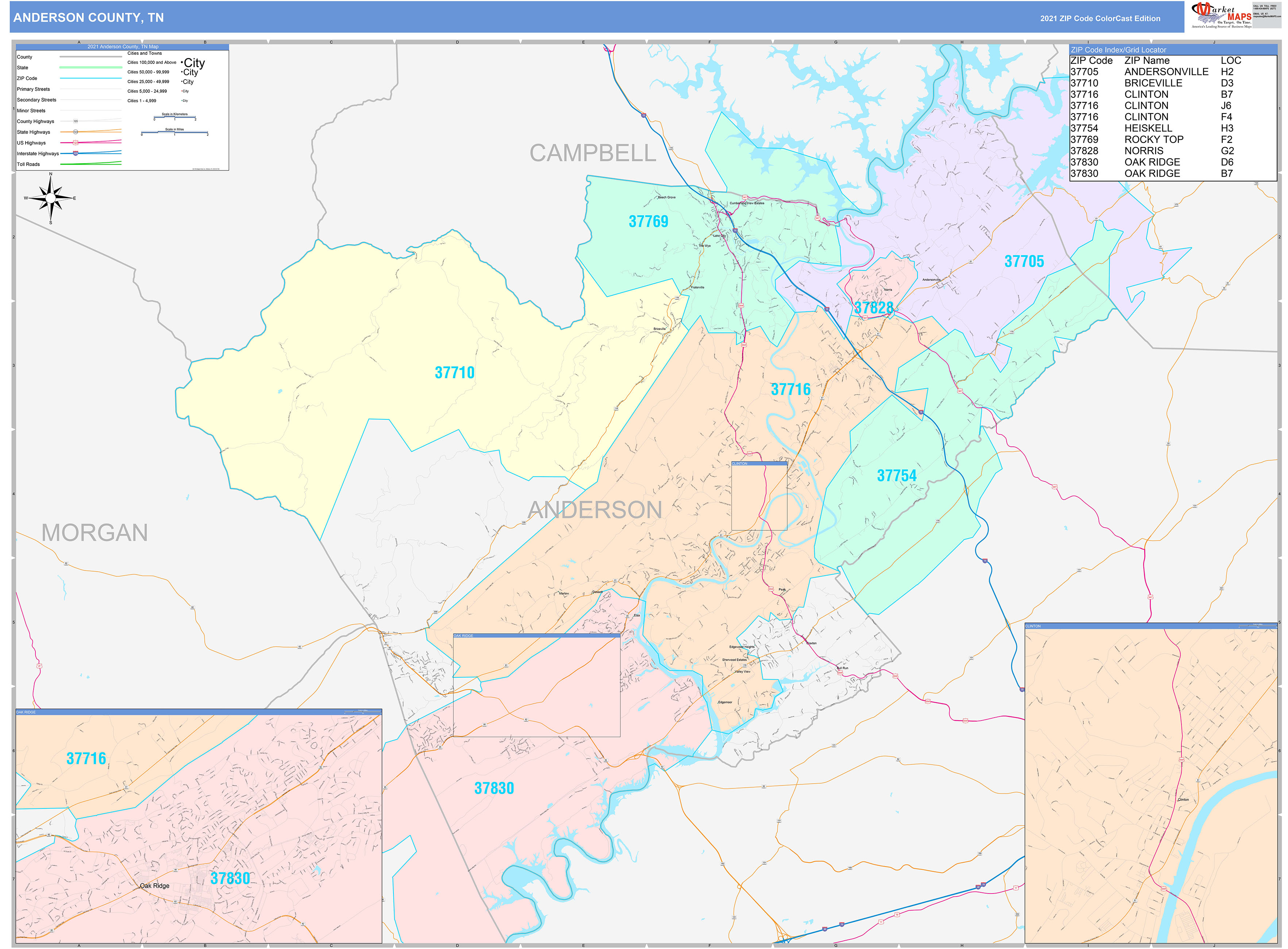
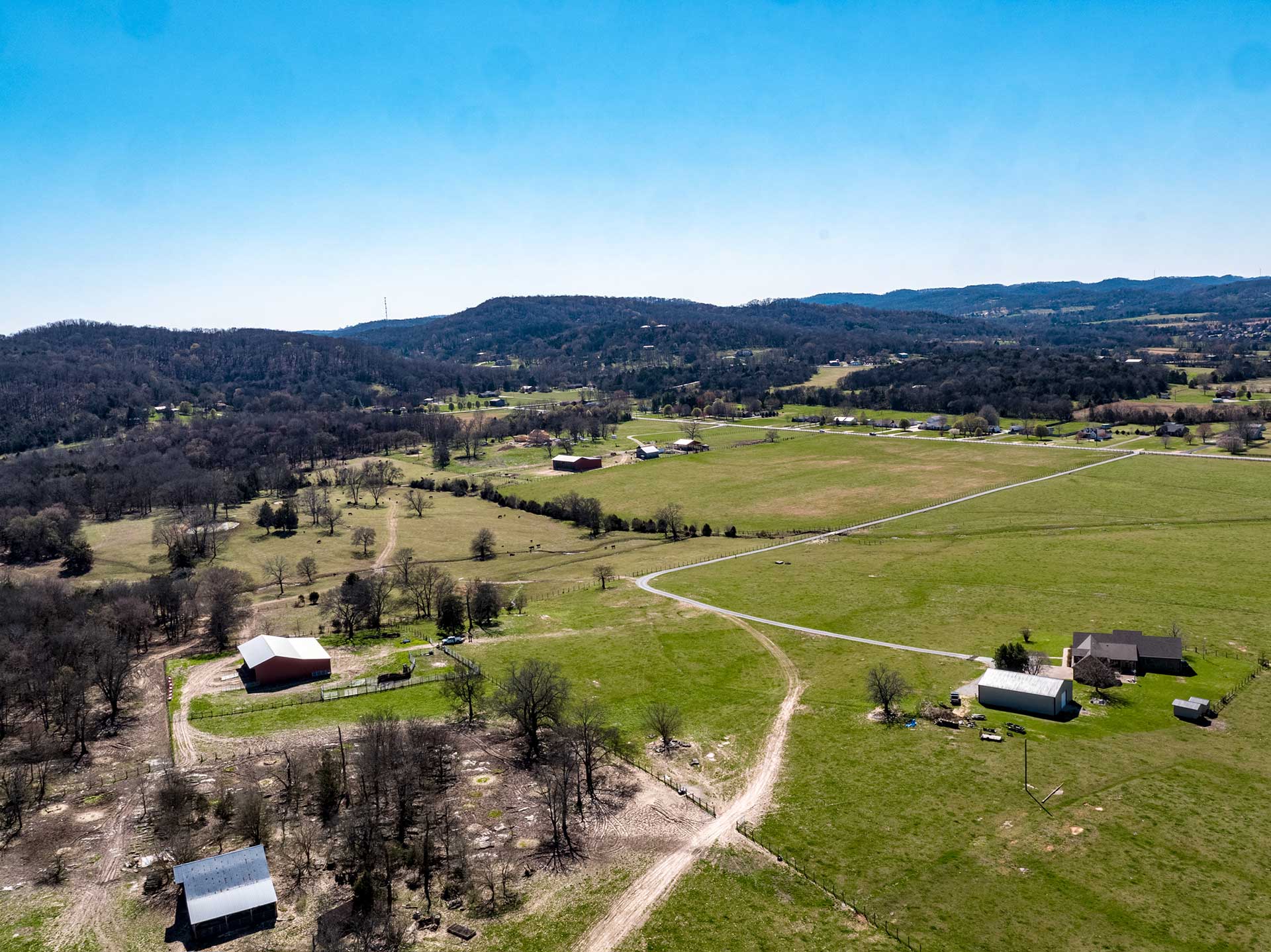
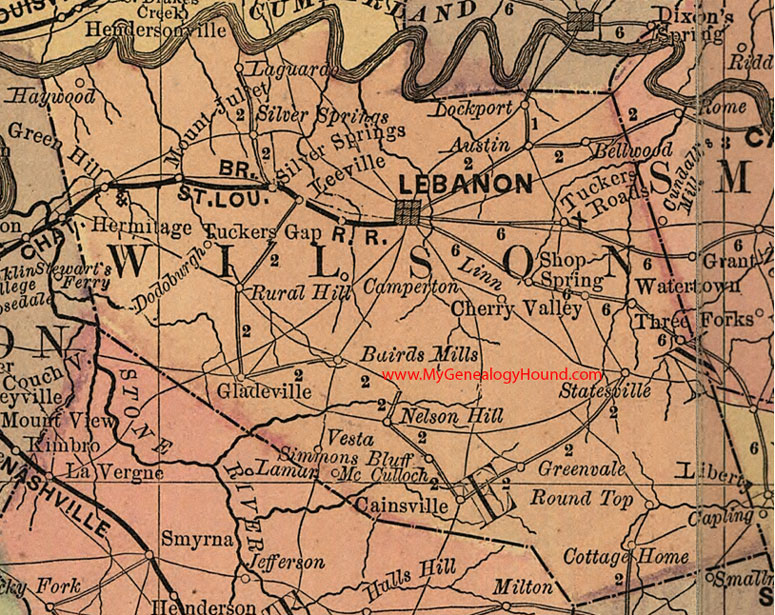
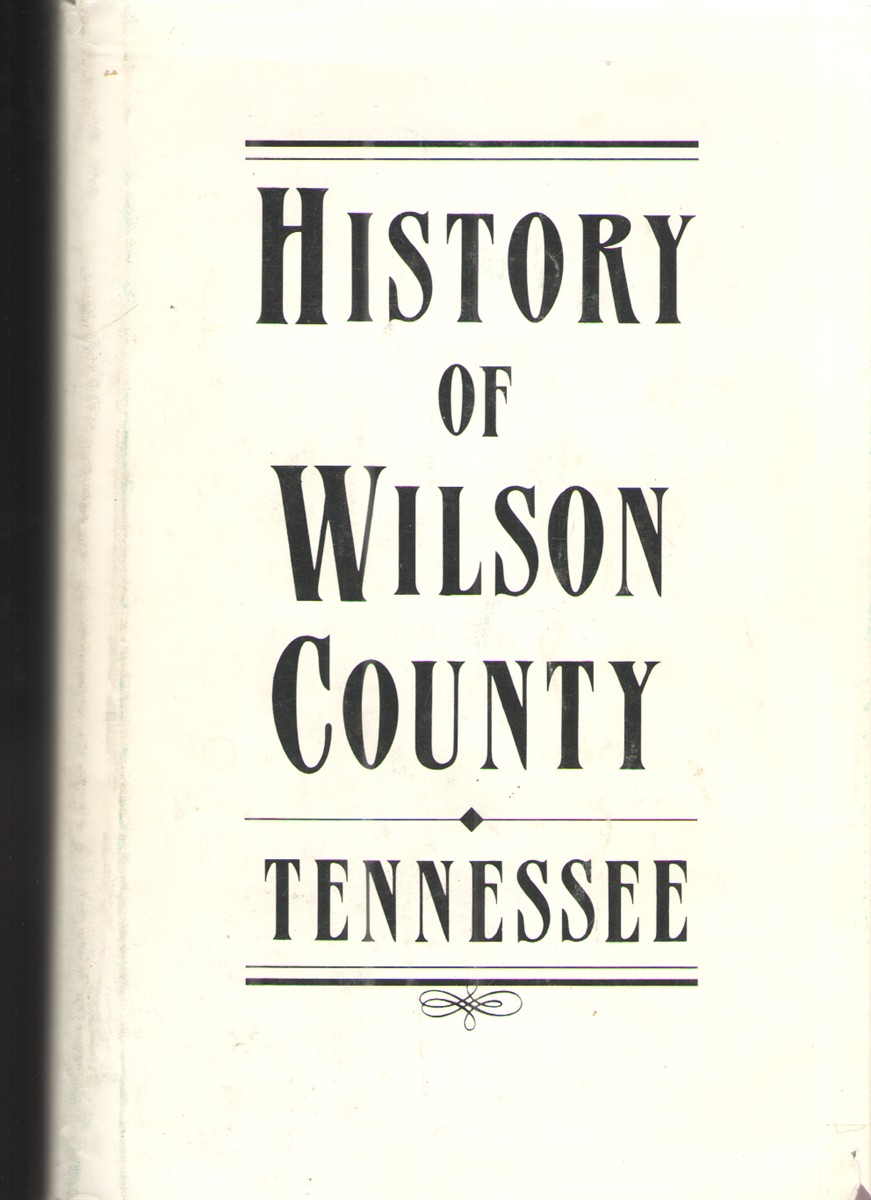

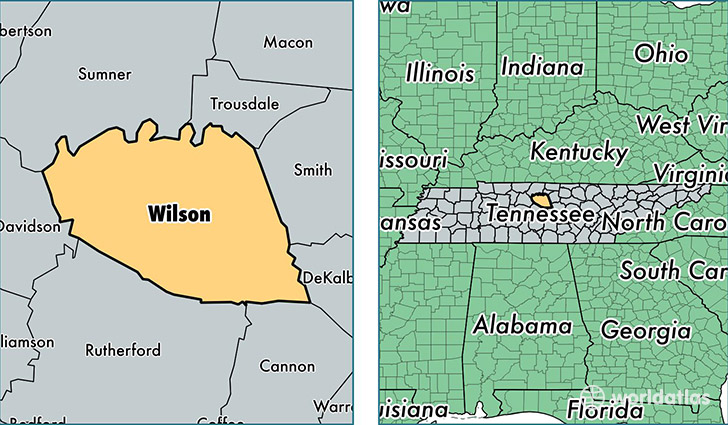

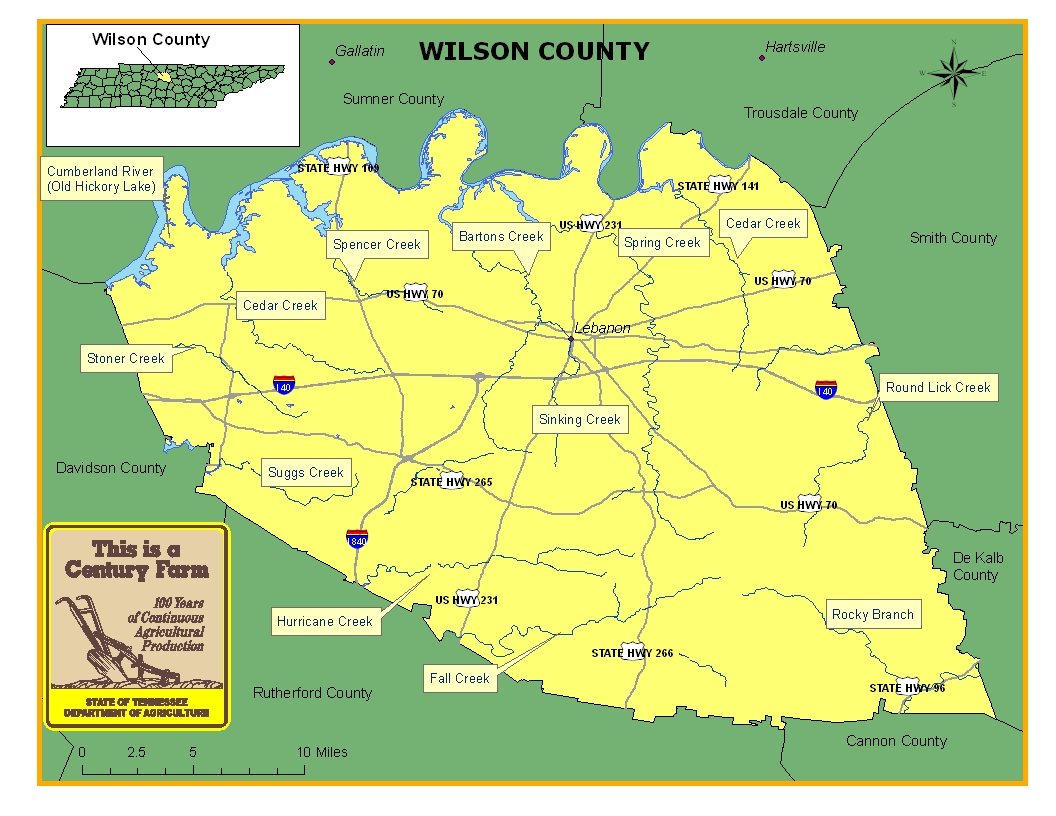
Closure
Thus, we hope this article has provided valuable insights into Exploring the Landscape of Wilson County, Tennessee: A Comprehensive Guide. We hope you find this article informative and beneficial. See you in our next article!